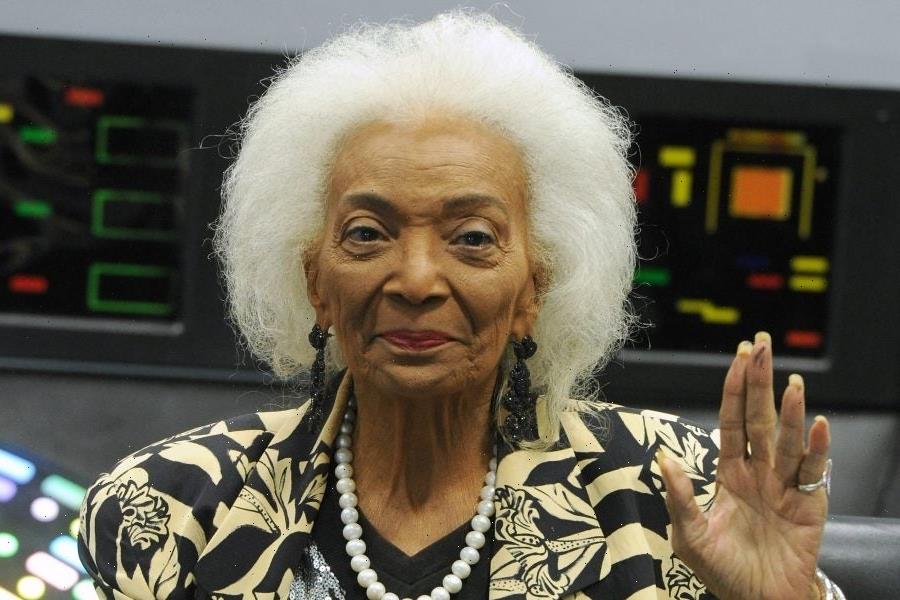Oil, gas and metals merchant made record profits after upheaval triggered by Covid pandemic
Last modified on Wed 8 Dec 2021 13.14 EST
The oil, gas and metals merchant Trafigura will reward its top traders and executives with financial rewards worth more than $1bn after making record profits from the market upheaval during the Covid pandemic.
At $1.1bn, the rewards are 87% up on last year, and follow volatility in the global commodities market helped the company to almost double its net profit to $3.1bn, the highest in its 28-year history.
The company was able to use the severe swings in the market price for commodities that were driven by sudden lockdowns and reopenings to lock in profits through its trading activities.
Commodity traders have emerged as one of the chief beneficiaries of the tumult in global markets, which has led to record highs in the price for oil, gas and copper.
The windfall for Trafigura traders falls short of the record payday for senior executives at the oil trading company Vitol, which handed the equivalent of more than $8m to each of its 350 most senior staff.
Jeremy Weir, Trafigura’s chief executive, said the “underlying fragilities in global supply chains were laid bare” through the Covid pandemic, as demand rebounded with the easing of lockdown restrictions but “logistics and supply struggled to keep pace”.
Trafigura’s trading desks “capably managed extreme market volatility across a broad spectrum of commodities”, he said, and they performed “exceptionally well regardless of market conditions”.
Weir added that the profit, turnover and volumes handled by Trafigura over the year “were the highest in our history” and its core oil and petroleum products and metals and minerals business divisions continued “to fire on all cylinders”.
In May 2020, the Guardian revealed that Trafigura was under investigation by authorities including the US Department of Justice, which is looking into suspected corruption and market manipulation. Trafigura declined to comment at the time.
Christophe Salmon, the company’s chief financial officer, said the company expected the volatile market conditions of the past two years to continue, in part because of “the unpredictable dynamics of the climate transition”.
“One of these dynamics is a persistent mismatch between growing demand for energy and industrial raw materials on the one hand, and supply constraints including due to chronic under-investment on the other,” Salmon said in the company’s annual report.
Source: Read Full Article

